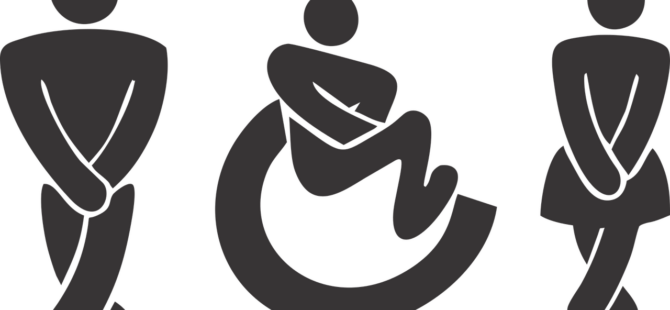What to Expect After Anterior Colporrhaphy: Colporrhaphy Recovery Timeline Week by Week
If you’re considering, preparing for, or recovering from anterior colporrhaphy (also known as anterior vaginal wall repair), it’s completely normal to have questions about what to expect in the days and weeks following surgery. Your consultant will be there to support you and provide all essential advice and guidance.
This operation is commonly performed to treat anterior vaginal wall prolapse, where the bladder bulges into the vaginal wall. The aim of surgery is to restore normal anatomy and relieve symptoms such as vaginal heaviness, pressure, and bladder dysfunction.
Although every woman’s recovery is slightly different, below is a general guide to help you understand what the typical healing process may look like. Please note this information is a general guide only and not specific advice. Always follow your surgeon’s specific post-operative instructions.
Week 1: Rest, Recovery and Gentle Movement
- Expect to feel tired and sore, particularly in the vaginal area.
- You may have light vaginal bleeding or discharge, this is normal.
- Bladder sensitivity, urgency, or frequency can persist temporarily.
- Avoid heavy lifting, straining, or prolonged standing.
- Gentle walking around the house is encouraged to reduce the risk of blood clots.
- Focus on hydration and a high-fibre diet to avoid constipation.
Weeks 2–3: Gradual Improvement
- Discomfort should begin to ease, though you may still feel pressure or heaviness, especially at the end of the day.
- You may notice some swelling or bruising in the vaginal area.
- Continue avoiding lifting anything heavier than a full kettle.
- Short walks and light household activities can usually resume.
- Avoid intercourse, swimming, baths, and using tampons.
- It’s normal to feel emotional or tired, your body is healing.
Weeks 4–6: Building Strength
- Most patients feel significantly better by this stage.
- Some may begin returning to desk-based work if healing is uncomplicated.
- Bladder function often begins to stabilise.
- You may be advised to start gentle pelvic floor exercises (under guidance).
- Still avoid high-impact exercise or anything that increases abdominal pressure.
Week 6 and Beyond: Return to Normal Activities
- Your follow-up appointment usually takes place around 6 weeks post-op.
- If healing is satisfactory, you may gradually return to more physical activities.
- Sexual intercourse can usually resume after 6–8 weeks if you feel ready.
- Continue pelvic floor strengthening to support long-term outcomes.
- If you experience ongoing symptoms such as pressure, pain, or bladder issues, inform your consultant, some variation is normal, but persistent symptoms should be reviewed.
When to Seek Medical Advice
Contact your GP or hospital team if you experience:
- Heavy or prolonged bleeding
- Increasing pain or swelling
- Fever or feeling unwell
- Difficulty passing urine or new incontinence
- Foul-smelling discharge
Anterior colporrhaphy is a routine but significant operation, and recovery takes time. Be patient with your body, rest as needed, and follow your post-operative instructions carefully. Many women find that once healed, the procedure offers real relief from the daily discomfort and disruption caused by vaginal prolapse.
If you have specific concerns about your recovery or would like to speak to someone about your symptoms, please contact your care provider, or the recommended pelvic health specialist.







